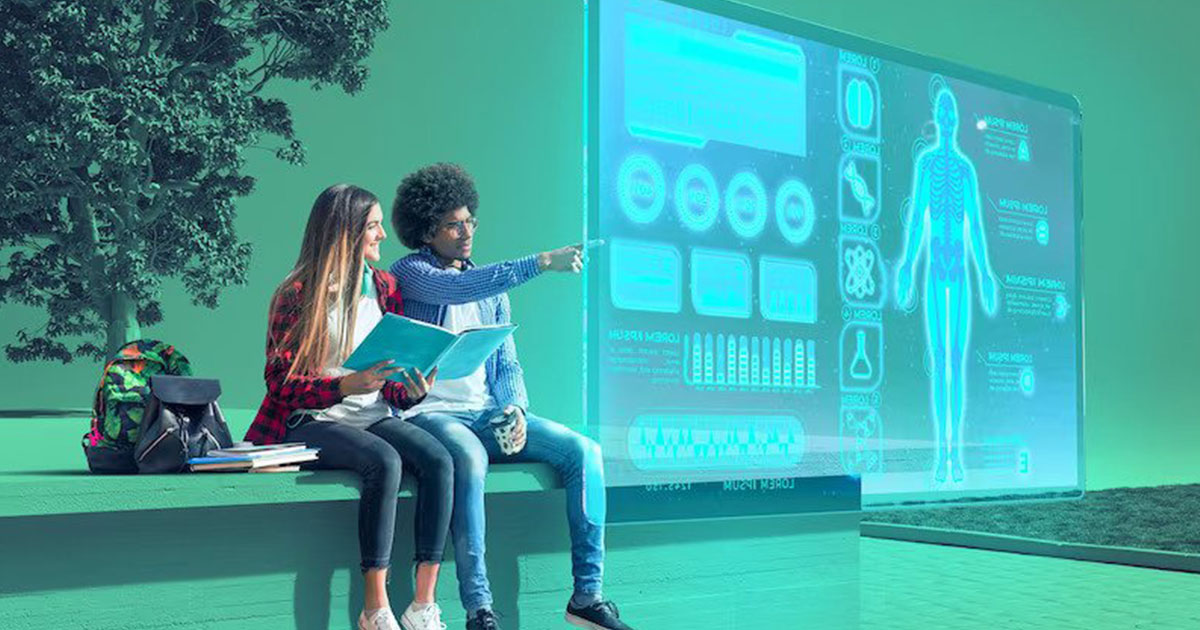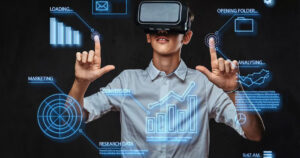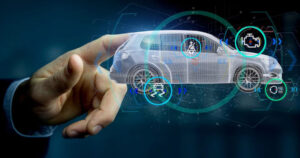Artificial Intelligence : Artificial Intelligence, commonly abbreviated as AI, has rapidly emerged as a transformative force in today’s world. It refers to the development of computer systems that can perform tasks typically requiring human intelligence, such as problem-solving, learning, perception, and decision-making. Over the past few years, AI has transcended from science fiction into reality and has found numerous impressive applications in our everyday lives. This article explores ten remarkable uses of artificial intelligence that are shaping the way we live, work, and interact with technology.
1. Personal Assistants And Chatbots
One of the most notable uses of AI in everyday life is the proliferation of personal assistants and chatbots. Companies have integrated AI-powered virtual assistants into their products and services, making them readily accessible through smartphones and smart speakers. These virtual helpers, such as Apple’s Siri, Amazon’s Alexa, or Google Assistant, can answer questions, set reminders, schedule appointments, play music, and control smart home devices. They use advanced NLP algorithms to understand human speech and respond accordingly, providing a seamless user experience.
2. Autonomous Vehicles
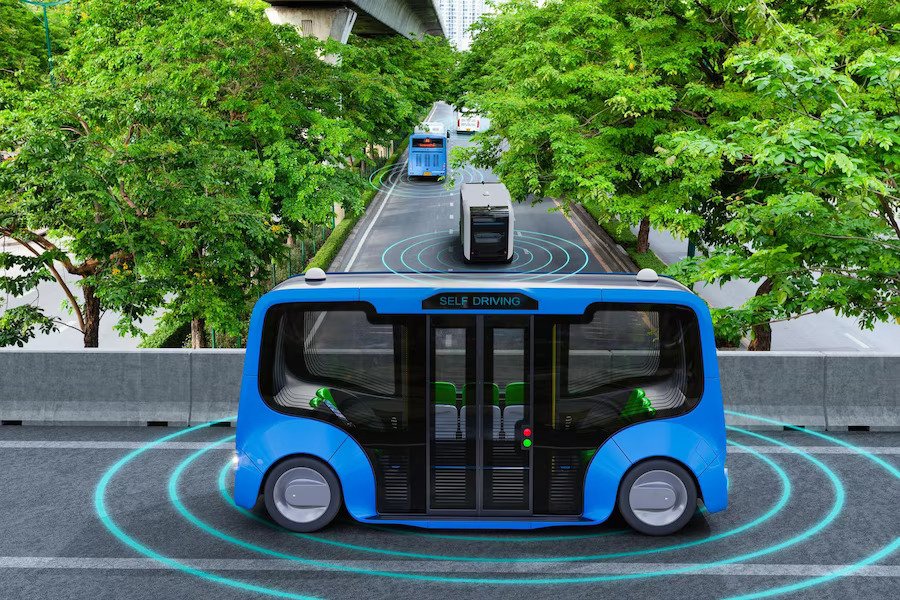
Autonomous vehicles, also known as self-driving cars, are an extraordinary application of AI in the automotive industry. These vehicles utilize sensors, cameras, and powerful AI algorithms to navigate roads, detect obstacles, and make real-time decisions without human intervention. The integration of AI in autonomous vehicles aims to enhance road safety, reduce traffic congestion, and provide greater mobility options for people with disabilities.
3. Healthcare And Medical Diagnosis
AI is revolutionizing the healthcare sector, transforming the way medical diagnoses are made. Machine learning algorithms can analyze vast amounts of patient data, including medical records, lab results, and imaging scans, to assist healthcare professionals in diagnosing diseases accurately and at an early stage. Additionally, AI-powered robots and virtual nurses are being employed in hospitals to assist in patient care and monitor vital signs continuously.
4. Virtual Personal Trainers And Fitness Apps
AI-driven virtual personal trainers and fitness apps have gained popularity in recent years. These applications use machine learning to personalize workout routines, track progress, and provide real-time feedback based on users’ performance. By analyzing data and patterns, AI helps individuals achieve their fitness goals efficiently and maintain a healthy lifestyle.
5. Natural Language Processing (NLP) Applications
Natural Language Processing (NLP) is a subfield of AI that focuses on enabling machines to understand, interpret, and generate human language. NLP applications have become ubiquitous in everyday life, from real-time language translation apps to sentiment analysis tools used in market research. NLP is also the backbone of voice-activated systems and language-based virtual assistants.
6. AI-Driven Customer Service
AI-powered chatbots and customer service agents have revolutionized the way companies interact with their customers. These intelligent systems can address customer inquiries, handle complaints, and provide support 24/7. AI-driven customer service not only improves efficiency but also enhances customer satisfaction by delivering prompt and accurate responses.
7. Smart Home Devices
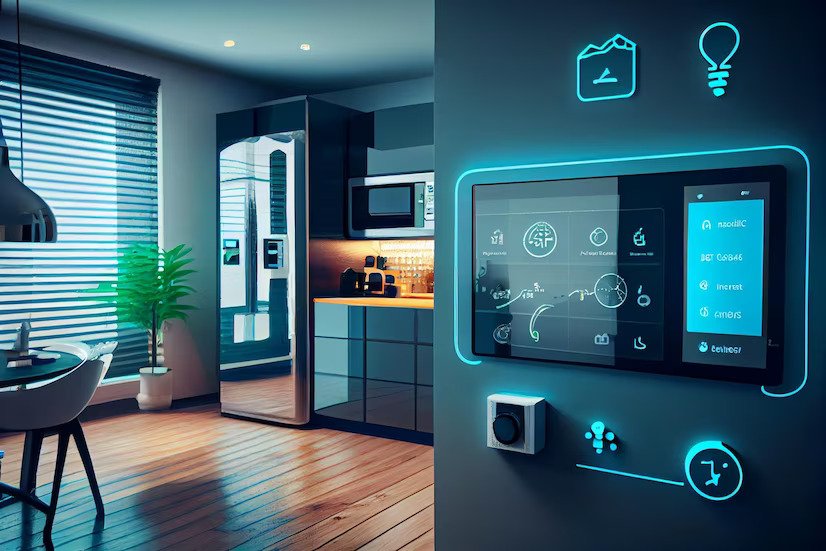
The Internet of Things (IoT) coupled with AI has given rise to smart home devices, which make our daily lives more convenient and efficient. AI-powered smart home assistants can control lighting, temperature, security systems, and appliances, all through voice commands or smartphone apps. These devices learn user preferences over time and adapt to create a personalized living experience.
8. AI In Agriculture
AI has found its way into the agriculture industry, revolutionizing traditional farming practices. AI-powered drones and sensors help farmers monitor crop health, soil moisture levels, and detect pests and diseases. By analyzing data from various sources, AI can optimize irrigation, reduce the use of pesticides, and enhance crop yields, contributing to sustainable agriculture.
9. AI in Finance And Banking
The financial sector has embraced AI to improve risk assessment, fraud detection, and customer experience. AI algorithms can analyze vast financial data in real-time, making predictions and recommendations for investment strategies. Additionally, AI-powered chatbots streamline customer interactions, enabling faster query resolutions and seamless banking experiences.
10 . AI In Education
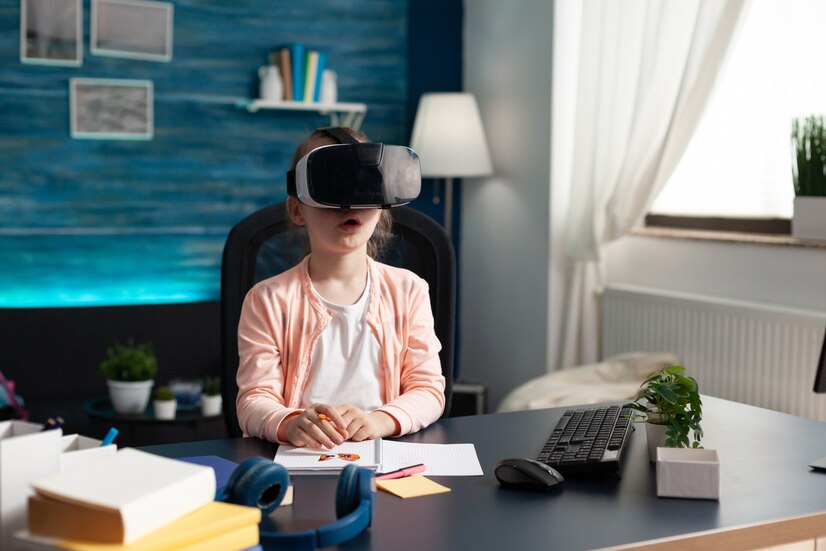
AI has the potential to revolutionize education by offering personalized learning experiences. Intelligent tutoring systems can assess students’ strengths and weaknesses and tailor lessons accordingly. AI can also assist teachers by automating administrative tasks, providing valuable insights, and promoting more effective teaching methods.
Also Read : 10 Innovations Driving The Future Of Self-Driving Cars
Conclusion
Artificial Intelligence has woven itself into the fabric of our daily lives, with an ever-expanding array of impressive applications. From personal assistants and chatbots that make our lives easier to AI-powered medical diagnosis and smart home devices that enhance convenience, the influence of AI is unmistakable. As technology continues to advance, the potential for AI in everyday life will only grow, promising a future of innovation and efficiency. Embracing these technological advancements responsibly will undoubtedly yield a more connected and intelligent society.
Source Image : Freepik.com
